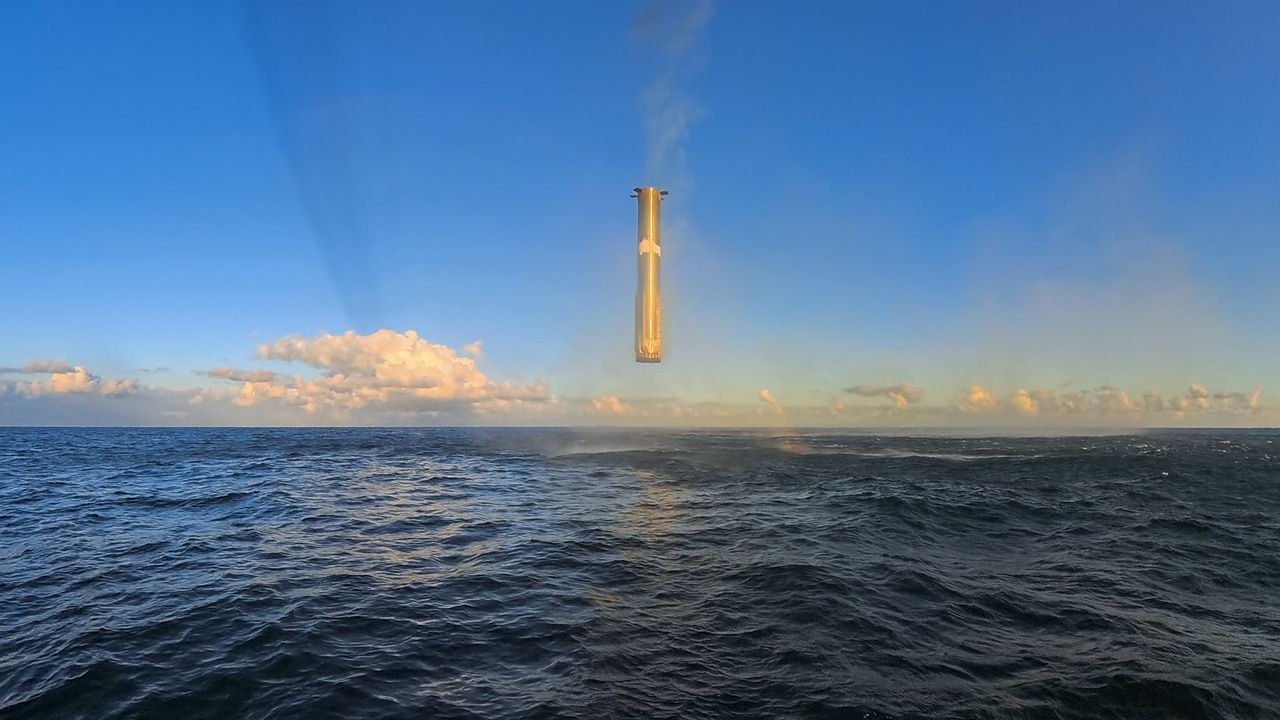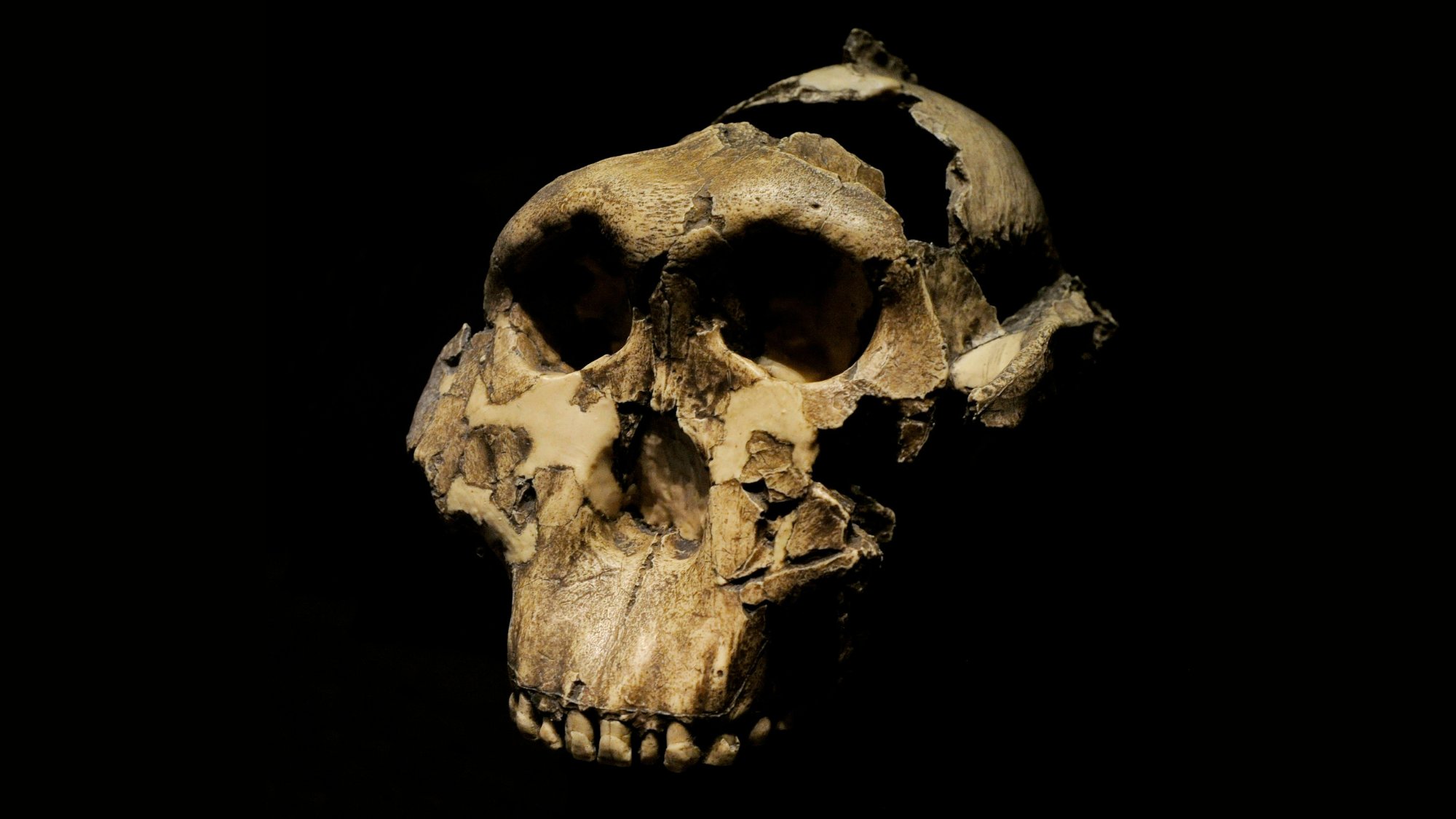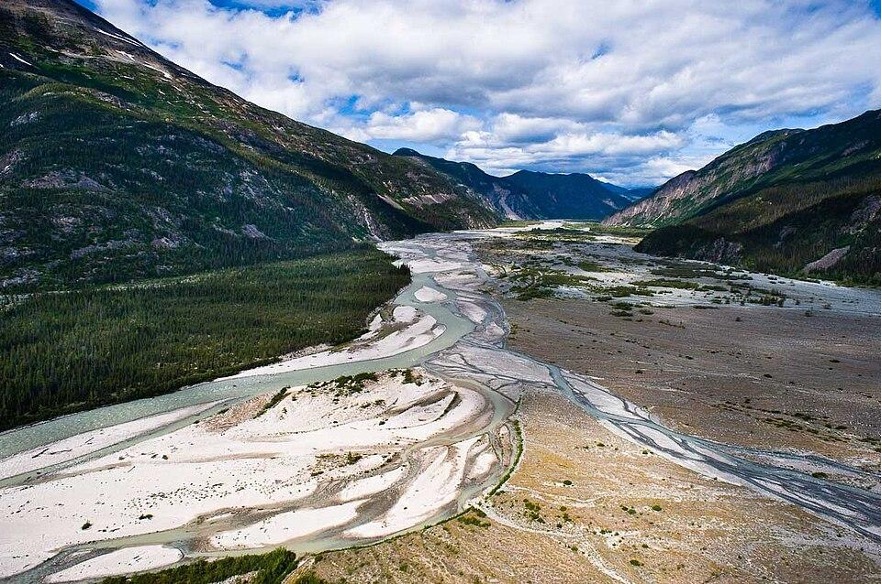Men’s Brains Shrink Faster than Women’s. What That Means for Alzheimer’s
NeutralScience
Recent research indicates that men's brains tend to shrink faster than women's, which could have implications for the understanding of Alzheimer's disease. While women experience slower brain aging, they still face higher rates of Alzheimer's. This finding is significant as it highlights the need for tailored approaches in Alzheimer's research and treatment, considering the differences in brain aging between genders.
— Curated by the World Pulse Now AI Editorial System





